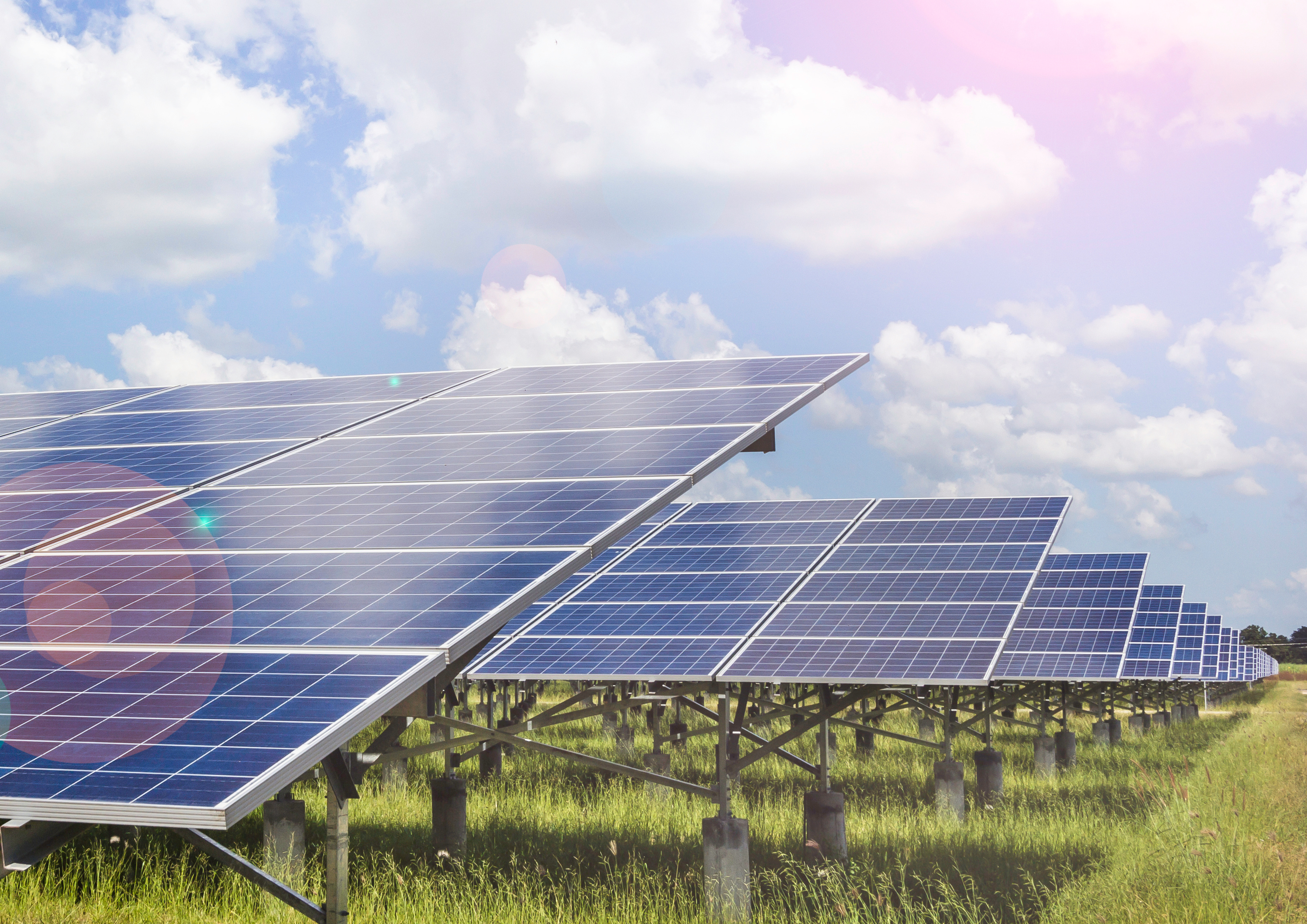
Renewable energy – a short look at what could be the future
19th January 2024
As the UK seeks to move towards net zero, it has become more important than ever to obtain the energy we need from renewable sources.
As part of this, the government has sought to find ways to encourage the uptake of renewable sources by both businesses and consumers alike. Whether that is Solar panels (or even a heat pump) for a person’s home or opening a solar farm (or renting land for a solar farm). There are many opportunities.
Whilst we cannot, and will not, advise on these opportunities as investments, we can give a little insight into what these are and some of the legal aspects around them.
Business
Incentives
As part of the move to encourage businesses towards a more carbon neutral approach, part of the Government’s plan to hit their net zero targets, opportunities for businesses to benefit, especially in periods where energy prices have affected them, have been rolled out.
The smart export guarantee – a replacement for feed in tariffs, provide a guaranteed rate for electricity produced by small business sources such as a business that has solar panels on the roof of its premises or on land that it owns to sell excess energy to the national grid (or energy company). Previously feed in tariffs operated, similar in nature to the Smart Export Guarantee however the rates were considered too high.
Solar Farm – owned and operated by the business
In some cases, businesses may choose to set up their own solar farm or similar source of energy not just for their own use but also for the purposes of selling energy back to the grid.
The installation of a solar farm often involves a contract known as an EPC contract (Engineering, Procurement and Construction).
The actual installation of a solar farm can be rather quick, although like any contract it can have its own issues, such as immigration laws affecting the workers utilised in installation. There are several stages that are likely to occur, such as assessing irradiation levels for the solar farm, in some cases this is required by investors backing the project. The 4 key stages are the land, planning, grid and the generation assets.
Once the Farm is up and running, contracts will need to be negotiated with the energy companies that the business wishes sell the electricity to and also ensure that your farm is compliant with the necessary health and safety laws and standards for such an operation and if a separate manager is brought in for the farm, the agreement with that manager.
Solar farm – leasing the land to the operator
It is also possible for land owners with sufficient space to lease out land to solar farm companies or even wind farm companies to install their equipment and operate. As part of this, the tenants may seek to put in place an option agreement between the landlord and tenant to enable the tenant to have the option to purchase the land they are renting in certain circumstances (such as the landlord proposing to sell the land to another person or entity). Lease agreements can be complex, like all leases, to reflect things such as responsibilities for repair and upkeep. Option agreements may require negotiations as to the valuation of the land when the option is being exercised and on the scenarios in which the option may be triggered.
Consumers
For Consumers, there are many ways that they can be involved in renewable energy, whether that be buying their electricity and gas from suppliers that utilise only renewable sources or purchasing their own solar panels or heat pumps.
Consumers are able to benefit from the smart export guarantee as well as other incentives such as subsidy schemes to install heat pumps.
In the past the solar panel installation side of the renewable energy sector suffered some knockbacks due to several smaller companies becoming insolvent causing those that paid up front to lose their monies. To combat this and to help increase consumer confidence in this sector, the government has created a consumer code for installers and suppliers to follow as well as schemes to protect the deposits paid by consumers and restrict the amount (in percentage of the cost) that the supplier/installation business can take from their customers.
The encouragement of consumers into obtaining solar panels and battery systems forms part of the overall strategy to boost the Energy Security of the country, to enable us to rely less on foreign supplies of energy which influence the prices we pay.
There can be different influences on whether these incentives will benefit a household including whether permission is needed from a landlord, local authority and even regulators where applicable.
For further advice on the legal aspects of the above, please contact our Corporate / Commercial or Commercial Property teams.
